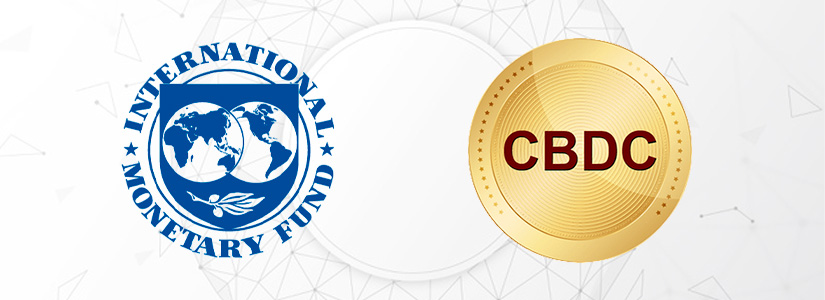The International Monetary Fund (IMF) is urging global preparation for Central Bank Digital Currencies (CBDCs), which are being actively explored by over 40 countries. The IMF has been assisting in CBDC capacity development, focusing on facilitating peer learning and developing analytical underpinnings. And, although the main international lending agency assures that this development can contribute to financial inclusion, the reality is quite different.
Central Bank Digital Currencies, or CBDCs, are a form of digital currency that central banks distribute directly to citizens for use in daily commercial and financial transactions. The alleged intention behind CBDCs is to serve as a digital alternative to a country’s traditional circulating money supply.
According to Kristalina Georgieva, Director of the IMF:
“CBDCs can replace cash which is costly to distribute in island economies. They can offer resilience in more advanced economies. And they can improve financial inclusion where few hold bank accounts.”
The IMF believes that if CBDCs are designed prudently, they can potentially offer more resilience, more safety, greater availability, and lower costs than private forms of digital money.
Some CBDCs Are Already in Circulation
Countries like the Bahamas, Sweden, and China are already experimenting with CBDCs. The Bahamas’ Sand Dollar has been in circulation for more than a year, while Sweden’s Riksbank is exploring the technology and policy implications of CBDC. In China, the digital renminbi, also known as e-CNY, continues to progress with more than a hundred million individual users and billions of yuan in transactions.

Despite the Bank for International Settlements (BIS) advocating for the establishment of appropriate legislative frameworks to facilitate Central Bank Digital Currencies (CBDCs), key jurisdictions around the world have yet to determine their stance on issuing these digital currencies.
However, CBDCs have also been met with criticism. A potential issue with CBDCs is the possibility of heightened scrutiny over financial transactions, which could potentially infringe on privacy and security, which is exactly what cryptocurrencies stand for. Furthermore, the process of introducing CBDCs is both expensive and intricate, with potential risks tied to incorporating these digital currencies into pre-existing payment infrastructures.
CBDCs carry major privacy risks, because of the level of visibility a government would be granted into private transactions. Despite these criticisms, the IMF continues to support the exploration and development of CBDCs, believing that they can create greater resilience for domestic payment systems and foster more competition. But now you know their true intentions…












